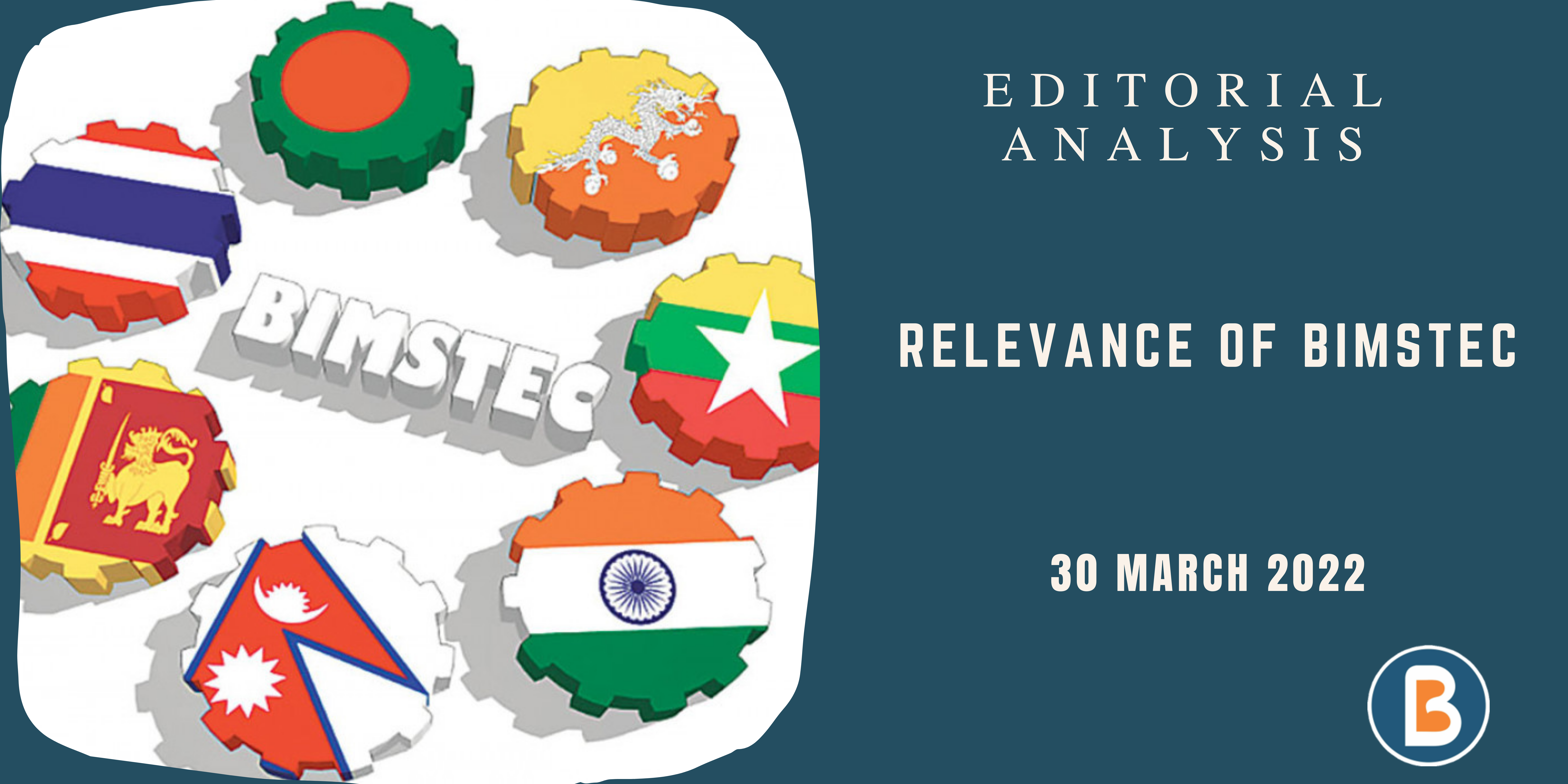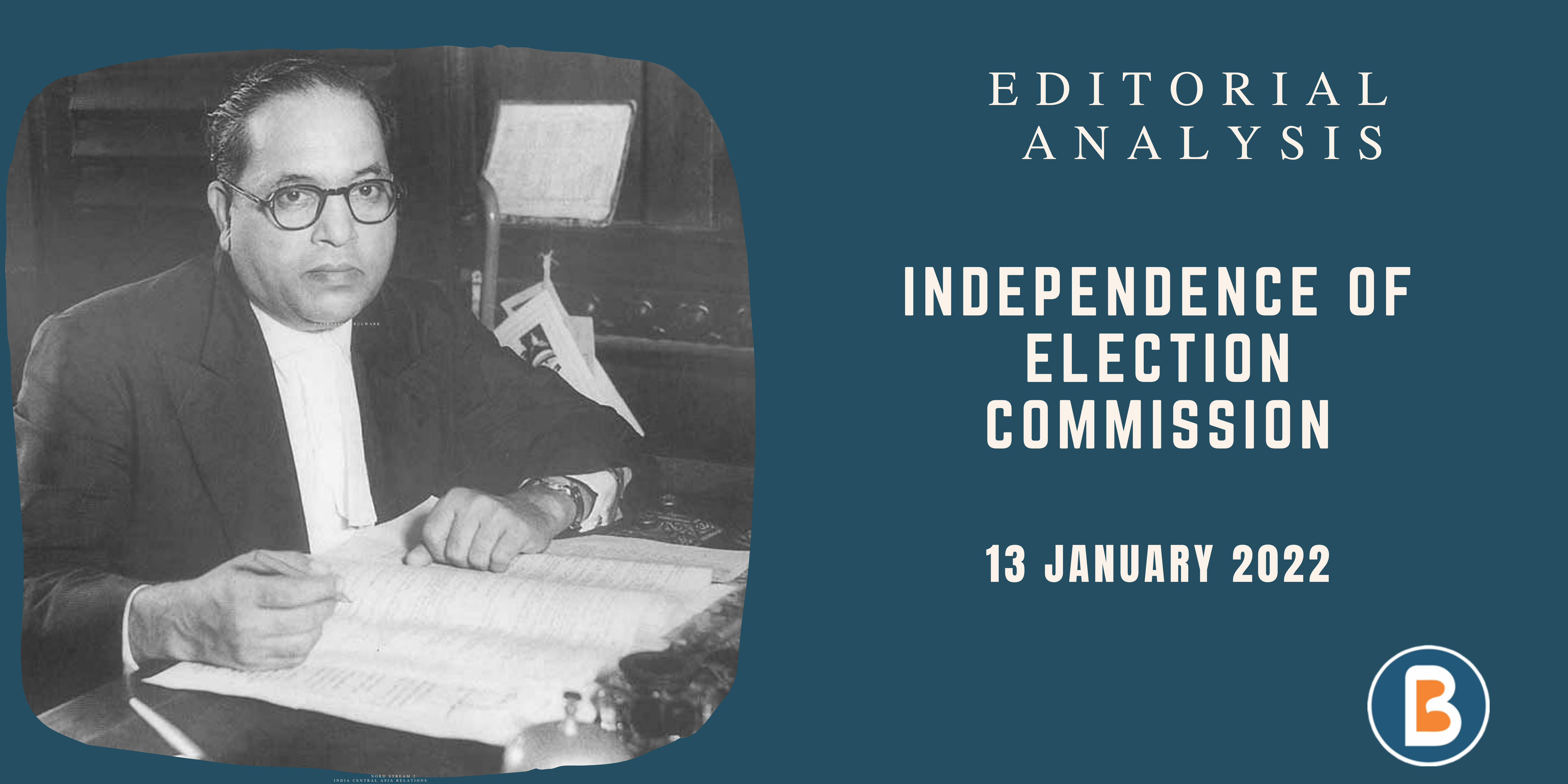Importance of Loss and Damage Funds
Context:
In the midst of the escalating global climate crisis, two pivotal concepts demand attention: Adaptation and ‘loss and damage’ (L&D).
- Adaptation signifies the proactive response to the evolving climate, reflecting the strategic choices made by communities and nations to brace themselves for, and confront, climate-related challenges.
- In sharp contrast, ‘loss and damage’ encapsulates the irreversible repercussions of climate change, spanning impacts that elude mitigation efforts—ranging from economic losses and human casualties to the degradation of ecosystems and cultural heritage.
Relevance:
GS – 3 (Environmental Pollution & Degradation, Conservation)
Prelims:
Global Climate Risk Index 2021, International Energy Agency (IEA), Panchamrit, National Action Plan on Climate Change, The Pradhan Mantri Ujjwala Yojana, COP27 summit
Mains Question:
Assess the hurdles in operationalizing the Loss and Damage fund within the global climate discourse, elucidating the contrasting perspectives between developed and developing nations, and propose strategies to foster cooperative endeavors for efficacious climate justice. (250 words)
Loss and Damage (L&D):
- It refers to the impacts of climate change that cannot be avoided either by careful mitigation or adaptation which includes economic damage to property alongside loss of livelihoods too.
- The L&D fund was conceived during COP meetings under the UNFCCC umbrella as a lifeline for economically developing nations grappling with losses and damages stemming from climate change.
- Operationalizing the L&D fund has encountered obstacles, including entrenched differences between developed and developing nations, allocation disputes, and the absence of lucid recommendations.
- Till now, Canada, Denmark, Germany, New Zealand, Scotland and the Belgian province of Wallonia have all expressed interest in loss and damage funding.
India’s Initiatives:
- National Adaptation Fund
- National Adaptation Fund for Climate Change (NAFCC)
- National Clean Energy Fund
Dimensions of the Article:
- Stalemate in Addressing the Loss and Damage Fund
- Urgent Need for Coordinated Measures and Compliance
- Way Forward
Stalemate in Addressing the Loss and Damage Fund:
Despite repeated meetings, the operationalization of the L&D fund remains mired in disputes, chiefly originating from disparities between developed and developing nations. These issues encompass:
- Host Nation for the Fund: Contentious discussions persist about the custodian of the fund, with developed nations advocating for the World Bank and developing nations vouching for an autonomous secretariat.
- Common but Differentiated Responsibilities: Lingering disagreements pertain to the pivotal principle that defines varying responsibilities between developed and developing nations.
- Climate Reparations and Equity: Diverging perspectives on matters of climate reparations, equity, and the liability of affluent nations.
- Eligibility Criteria for Funding: Contention surrounds the eligibility criteria for all developing nations to access the L&D fund, creating a divide in stances.
Urgent Need for Coordinated Measures and Compliance:
The exigency for a coherent and collaborative approach among nations is evident to address the challenges and disparities in managing the L&D fund. This includes:
- Targeted Collaboration: The call for immediate measures promoting cooperation and solidarity among nations, transcending economic classifications, to uphold principles of climate justice and fairness.
- Restoration of Trust and Diplomacy: Rekindling trust between developed and developing nations through extensive, equitable deliberations, ensuring a collective effort to combat climate change.
- Bridging Disparities: A concerted effort to attain equity in addressing concerns of developing nations in global dialogues, particularly concerning climate reparations and fund distribution.
Way Forward:
To navigate the deadlock surrounding the L&D fund and guarantee effective global climate action:
- Shifting to Proactive Strategies: Emphasis on proactive tactics to grapple with climate change challenges through a collective endeavor.
- Strengthening Cooperation and Governance: Bolstering international cooperation and governance, led by inclusive bodies, to guarantee just and effective decisions in climate-related deliberations.
- Commitment to Sustainable Progress: A united commitment from all stakeholders to actively confront the challenges and secure a sustainable and fair climate future.




